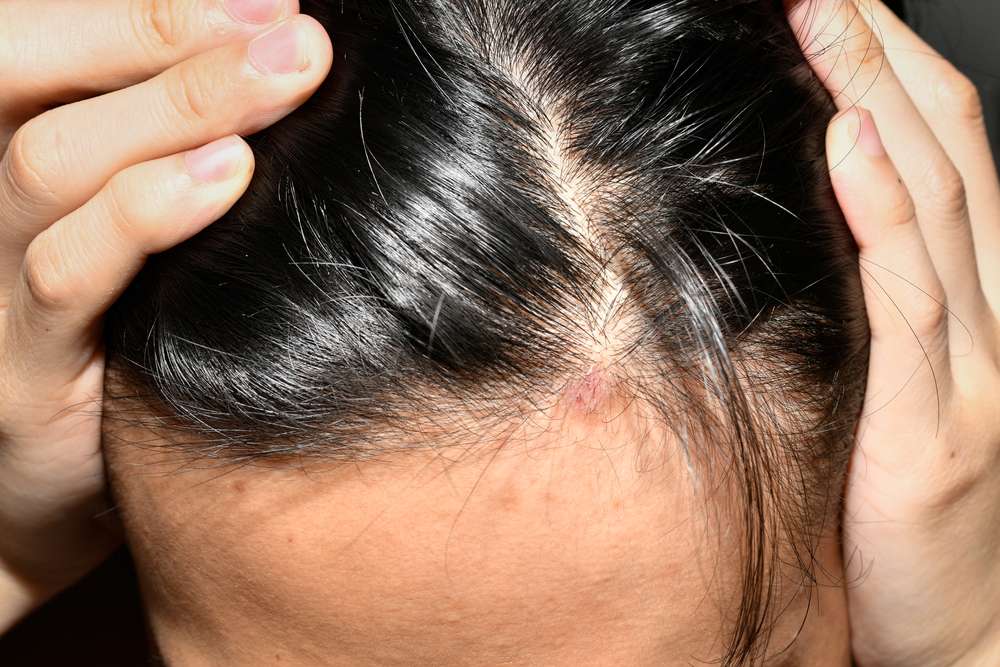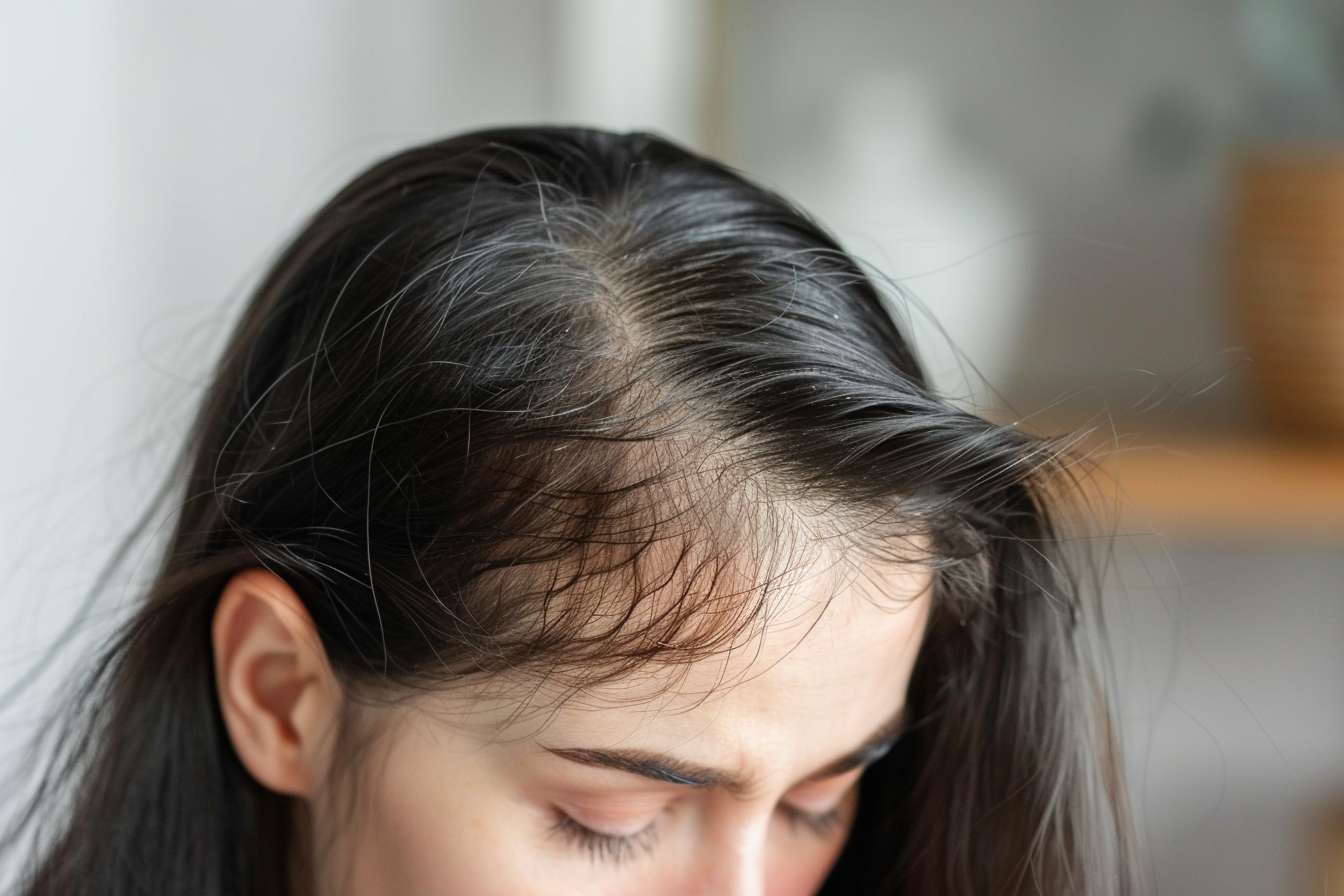Revitalizing Your Scalp: The Key to Healthier Hair
Hair health starts at the root, and a healthy scalp is the foundation for vibrant, strong locks. Many people focus solely on their hair strands, neglecting the skin beneath that plays a crucial role in hair growth and maintenance. The scalp is a complex ecosystem of hair follicles, sebaceous glands, and microorganisms, all working together to support hair health. Factors like stress, poor diet, environmental pollutants, and harsh hair care products can disrupt this delicate balance, leading to issues such as dandruff, hair loss, and lackluster growth. Understanding the importance of scalp care and incorporating targeted treatments into your routine can make a significant difference in the overall health and appearance of your hair.

Exfoliation: Clearing the Way for Growth
Just as exfoliation is important for facial skin, it’s equally crucial for the scalp. Dead skin cells, excess oil, and product buildup can clog hair follicles, impeding healthy hair growth. Regular scalp exfoliation helps remove this debris, unclogging pores and stimulating blood circulation to the hair follicles. This increased blood flow can nourish the hair roots, potentially promoting stronger, faster hair growth. However, it’s important to use gentle exfoliation methods to avoid irritating the scalp or damaging hair follicles.
Nourishing the Scalp: Essential Nutrients
A well-nourished scalp provides the optimal environment for healthy hair growth. Certain nutrients are particularly beneficial for scalp health. Vitamins B complex, especially biotin, play a crucial role in hair growth and scalp health. Vitamin E acts as an antioxidant, protecting the scalp from oxidative stress. Omega-3 fatty acids help regulate oil production and reduce inflammation. Incorporating these nutrients into your diet or using topical treatments can significantly improve scalp health and, consequently, hair quality.
Scalp Massages: More Than Just Relaxation
Regular scalp massages offer more than just a moment of relaxation. This practice can significantly improve scalp health by stimulating blood circulation, distributing natural oils, and promoting relaxation of scalp muscles. Increased blood flow to the hair follicles means more oxygen and nutrients are delivered, potentially boosting hair growth. Additionally, scalp massages can help reduce stress, which is known to negatively impact hair health. Incorporating a few minutes of gentle scalp massage into your daily routine can yield noticeable benefits over time.
Addressing Common Scalp Issues
Various scalp conditions can impact hair health and growth. Dandruff, characterized by flaking and itching, is one of the most common issues. While its exact causes are not fully understood, it’s believed to be related to an overgrowth of a yeast-like fungus. Other conditions like seborrheic dermatitis, psoriasis, and folliculitis can also affect the scalp. Identifying and properly treating these conditions is crucial for maintaining a healthy scalp environment. This may involve using medicated shampoos, topical treatments, or in some cases, seeking professional dermatological help.
The Impact of Hair Care Products
The products we use on our hair can significantly impact scalp health. Harsh sulfates in shampoos can strip the scalp of its natural oils, leading to dryness and irritation. Silicone-heavy conditioners can build up on the scalp, clogging pores. Opting for gentler, more natural formulations can help maintain the scalp’s natural balance. Additionally, considering the pH of hair care products is important, as the scalp’s optimal pH is slightly acidic. Products that are too alkaline can disrupt the scalp’s protective barrier, leading to various issues.
Environmental Factors and Scalp Protection
Our scalps are constantly exposed to environmental stressors such as UV radiation, pollution, and extreme temperatures. These factors can damage the scalp’s skin barrier, lead to oxidative stress, and disrupt the scalp microbiome. Protecting the scalp from these elements is crucial. This can involve wearing hats or using UV-protective hair products when in the sun, using purifying treatments to remove pollutant buildup, and adjusting hair care routines based on seasonal changes and environmental conditions.




